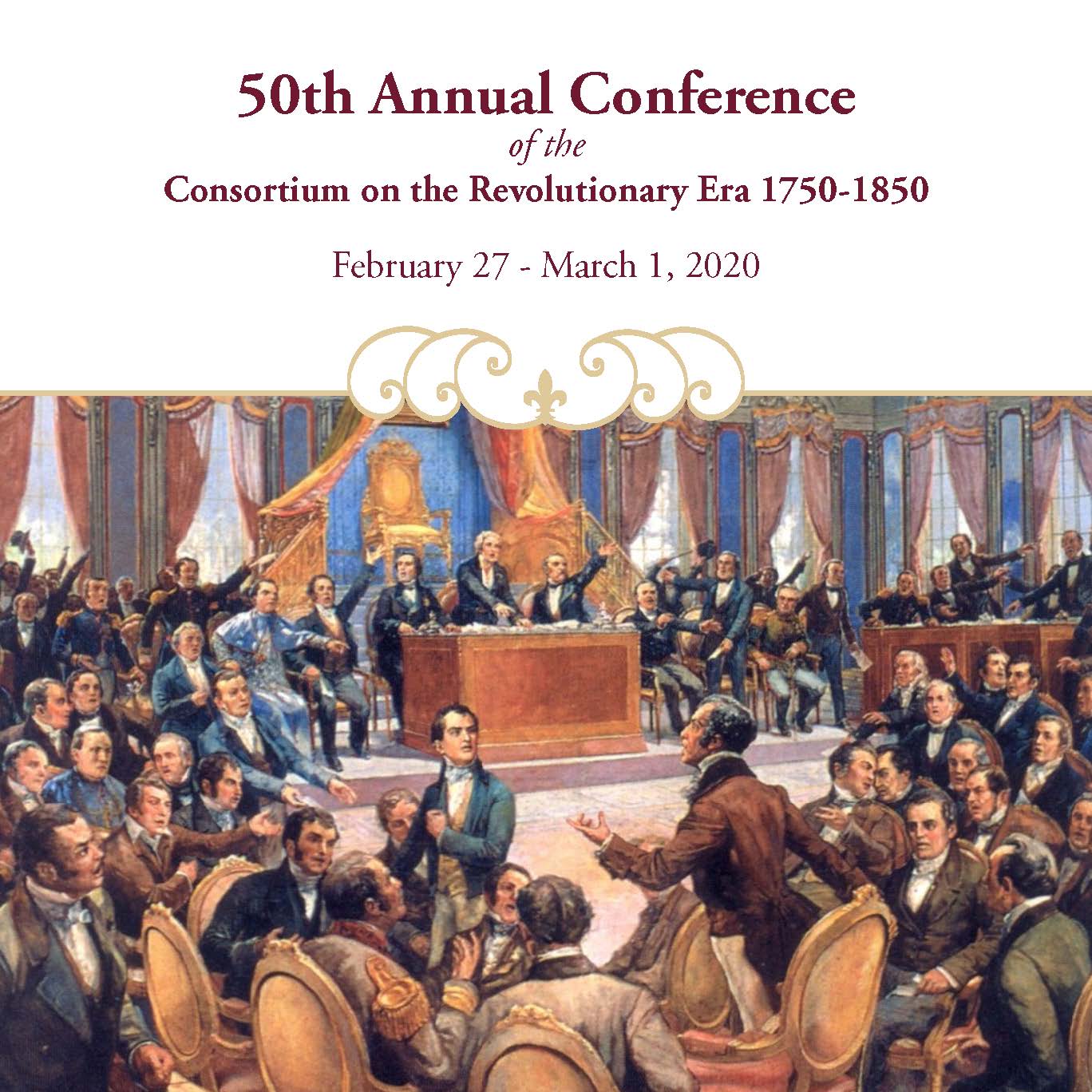FSU hosts conference on revolutions that reshaped the modern social, political world

Historians from more than 100 institutions came to Florida State University last week for a conference on the revolutionary era — a roughly 50-year period that saw the rise of constitutional republics across Europe and the Americas.
From 1776 through 1825, Europe, the Caribbean, and North and South America were rocked by revolutions — most famously the American Revolution in 1776, the French Revolution in 1789, the Haitian Revolution of 1791, and several Spanish American revolutions in the 1810s and 1820s.
The Consortium on the Revolutionary Era, a group of 20 universities and colleges, organize an annual conference for faculty and students across the U.S., Canada and Europe to share and publish research. This year’s participants included academics from Harvard, Yale and Notre Dame as well as the Sorbonne in Paris and King’s College in London.
The wave of revolutions of that period had common features that bring historians from around the world together, said Rafe Blaufarb, the Ben Weider Eminent Scholar in Napoleonic Studies and director of the Institute on Napoleon and the French Revolution at Florida State. As a member of consortium’s board of directors, he helped plan the 50th anniversary conference in Tallahassee.
“The revolutions all aimed to overthrow hereditary monarchy, hereditary aristocracy, and inherited privilege,” he said. “Instead, they each sought to build new societies based on written constitutions, elected and representative government and fundamental human rights enshrined in bills of rights.”
The revolutionary era is an important turning point in world history, because most countries in the world today base their social and political values on principles those revolutions instituted, he said.
Studying these transformations as a world-wide phenomenon makes the CRE conference distinct, according to Joshua Meeks, assistant professor of history at Northwest University who earned his doctorate in history at Florida State in 2015. Typically, conferences for historians focus on a certain place, such as a nation, or events, like the French Revolution.
“Many other conferences consider a wide variety of topics within just one time or place, while the CRE conference’s strong point is that it investigates one topic across a wide variety of times and places," he said.
At the conference, Meeks will discuss a raid pulled off by a British captain against the Spanish in the Philippines. The captain pretended to be French and was so convincing that he took more than 200 prisoners without firing a shot, simply by inviting the Spanish on board to drink to the downfall of England.
“I hope to use this moment to raise questions about the disconnected impact of both the French Revolution and Napoleonic moments on these East Asian locations, so far from the traditional ‘centers’ of the story,” Meeks said.
"The CRE holds the only conference in the western hemisphere specifically devoted to the Age of Revolutions, which makes it a critical space for historians," said Bryan Banks, an FSU history alumnus and assistant professor at Columbus State University.
The FSU institute on Napoleon and the French Revolution and its prominent role in the consortium have drawn students interested in the revolutionary era. Both Banks and Meeks credit the institute for providing their first real opportunities to present research as scholars at the conference.
Banks has since cofounded “Age of Revolutions,” an open-access, peer-reviewed journal on the revolutionary era, with FSU alumna Cindy Ermus, now an assistant professor at the University of Texas at San Antonio. The journal is partnering with the consortium to publish a selection of the best papers presented at the conference.
“AoR gives scholars around the world access to important research even if they can't make the conference in person. The creation of such a publication was made possible because of the training we received through the institute and university,” she said.
Ermus ultimately chose to earn her Ph.D. at Florida State because of the institute and took advantage of its connection to the consortium during her graduate work.
“I had the opportunity to help organize the 2011 meeting here in Tallahassee, and was thrilled to meet many of the scholars whose work I had been reading for years. It meant a lot to me to have a connection, via the institute, to this meeting, and to be able to network,” she said.
The value of coming together to talk about the birth of republican democracy extends well beyond the walls of the conference and the university, Meeks said, noting that social and political revolutions are currently taking place in other parts of the world.
“Studying past revolutions can help make sense of today and tomorrow,” he said.
